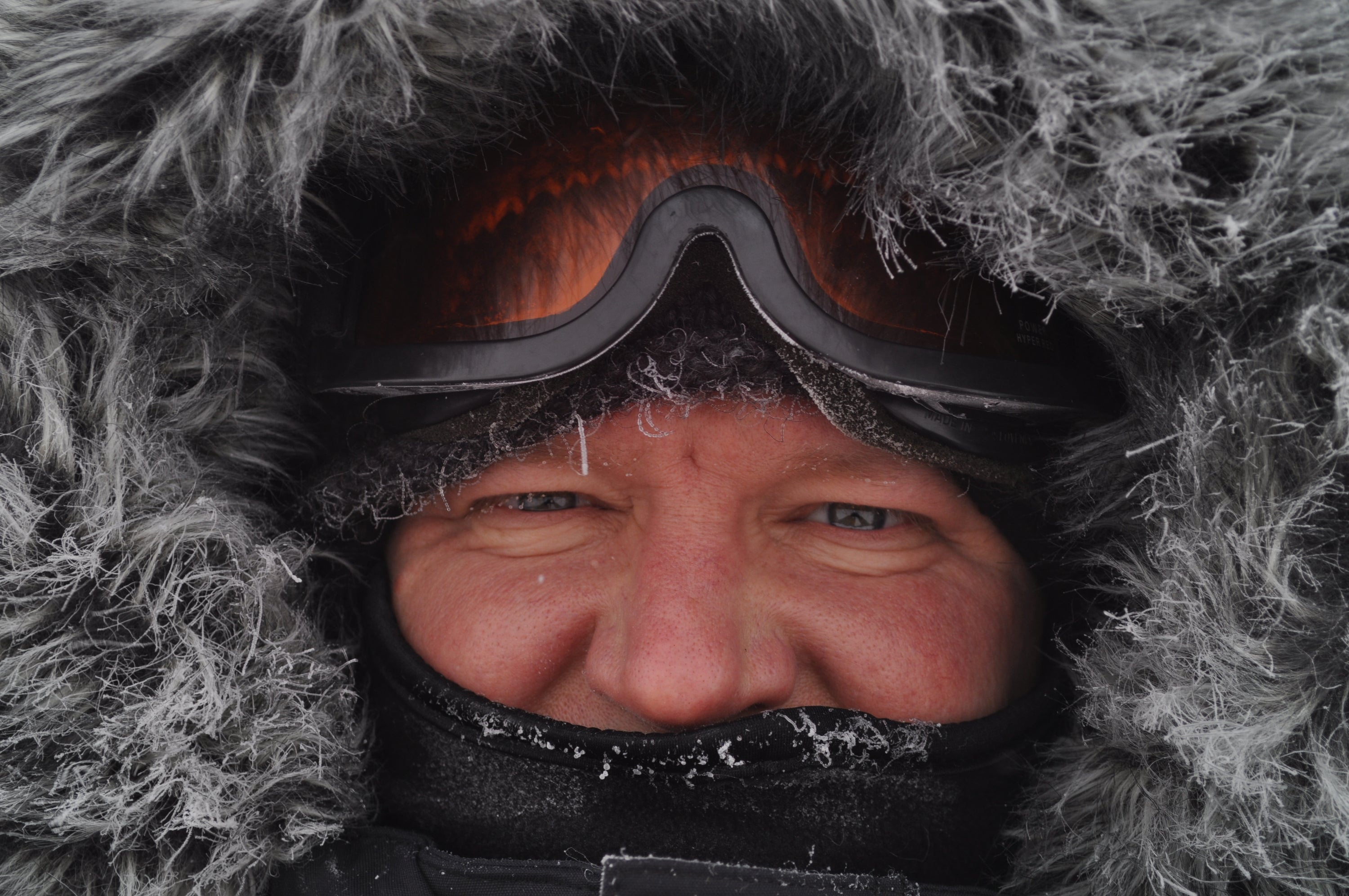
Written by Professor Richard Kelly, Faculty of Environment
I spoke to my father last weekend as I do for my routine check-in, as a son living away from his parents and siblings and he started talking about conversations that are bubbling up more and more regarding climate change and its impacts. He lives in a smallish town (population of 13,000) in rural Hampshire, UK. He was commenting about a perceived possibility that the UK government is talking seriously about tangible plans to protect its citizens from adverse weather in a world of human-driven climate change that is scientifically acknowledged. After almost three straight months of torrential rain and storms that are unprecedented in the UK measurement record, it is not surprising that a wake-up call from extreme weather events, often heralds of larger forces at play, is finally being heeded (although three months of weather does not make a climate trend).
To me, what was surprising is that there are perceived plans afoot. Having lived in UK, USA and Canada, my rather depressing experience is that governments tend not to join the dots and, therefore, can be slow to respond to events that are perceived as either sporadic in geographical terms or considered very difficult to predict. However, while individual events might be difficult to predict, the ensemble of events and broad changes we have witnessed over the planet are supported by direct scientific observations: increasing sea level rise, global planetary temperature increases, spring snow cover extent reduction, summer sea ice changes. What is even more striking is that numerical simulation models have predicted these changes with some skill. Putting it another way, scientists are good at joining the dots, and our knowledge of these bigger processes is becoming pretty good. So, the evidence and predictability of change is real and is becoming increasingly difficult to refute. In a recent study by the American Association for the Advancement of Science, 97% of climate experts acknowledge (not “believe”) that the scientific evidence supports the fact that human-induced climate change is a reality (AAAS: What we Know: The Reality, Risks and Response to Climate Change, 2014).

The real question now is what should we do about all this? With the release this week of the United Nations report Climate Change 2014: Impacts, Adaptation, and Vulnerability, it is recognized that human security is being challenged in a world of changing climate. The Interdisciplinary Centre on Climate Change at the University of Waterloo has researchers exploring not only the science of climate change, but also the nature of climate change vulnerabilities and impacts, and potential mitigation and adaptation strategies that are available. Ultimately the goal must be for policy-makers to respond and plan. If a small conservative town in rural England can be awoken to these issues there is hope! Decision-makers cannot afford to be allowed to perpetuate ostrich-like tendencies on this issue: climate change is a real phenomenon and how we respond to it is a challenge, no doubt, but inaction is not an option in a connected world.